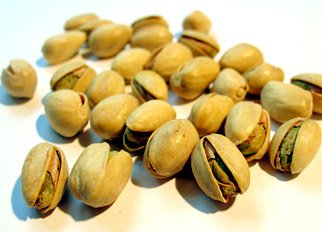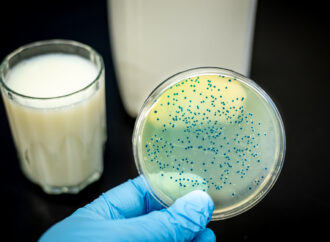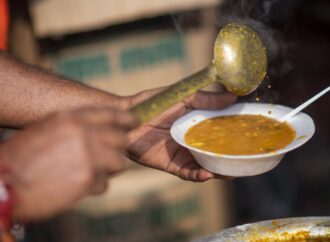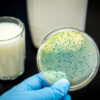Key Update
Nuts are celebrated for their nutrition, but recent recalls remind us that even healthy foods can carry risks. In May 2025, the U.S. FDA and CDC (Centres for Disease Control and Prevention) issued an advisory on pistachios contaminated with Salmonella. By July, World Market also recalled a similar product. Though these batches were quickly removed from shelves, the incident raised an important question: can nuts harm your health, and how can risks be avoided?
Nutrition vs. Contamination
Almonds, pistachios, and cashews are naturally rich in protein, fibre, healthy fats, and minerals. On their own, they are not dangerous. Problems arise when contamination occurs during processing, packaging, or storage. Salmonella is not naturally found in nuts. However, if they come into contact with polluted water, soil, or unclean equipment, bacteria can spread. Since nuts are often eaten raw or roasted at low heat, harmful microbes may survive if hygiene is poor. In such cases, the issue is not the nut itself but unsafe handling somewhere in the supply chain.
When Nut Consumption Becomes Risky
Apart from bacterial contamination, nuts can pose other health risks:
- Aflatoxins: Peanuts and pistachios may contain toxins from fungi, which can harm the liver with long-term exposure. Routine food safety checks help minimise this risk.
- Allergies: For sensitive individuals, even small traces can trigger severe allergic reactions. This is an immune response, not contamination.
- Overeating: Nuts are calorie-dense. Eating them in excess may cause weight gain or digestive issues, though this stems from lifestyle choices, not food safety lapses.
Safe Nut Consumption: Key Tips
Health experts recommend a few simple practices to reduce risks:
- Keep it clean: Wash hands and surfaces before handling nuts to avoid cross-contamination.
- Read labels: Check expiry dates, storage instructions, and recall alerts.
- Store properly: Use airtight containers, keep nuts away from heat and moisture, and refrigerate when possible.
- Roast safely: Dry-roast at safe temperatures to cut bacterial risk without losing nutrients.
Bottom Line
Nuts remain one of the most nutrient-packed foods you can eat. Their safety depends not on the nuts themselves, but on how they are handled, stored, and consumed. With proper precautions, they can continue to be a healthy, reliable part of your diet.
Source: The Times of India
 Food Manifest
Food Manifest 


















